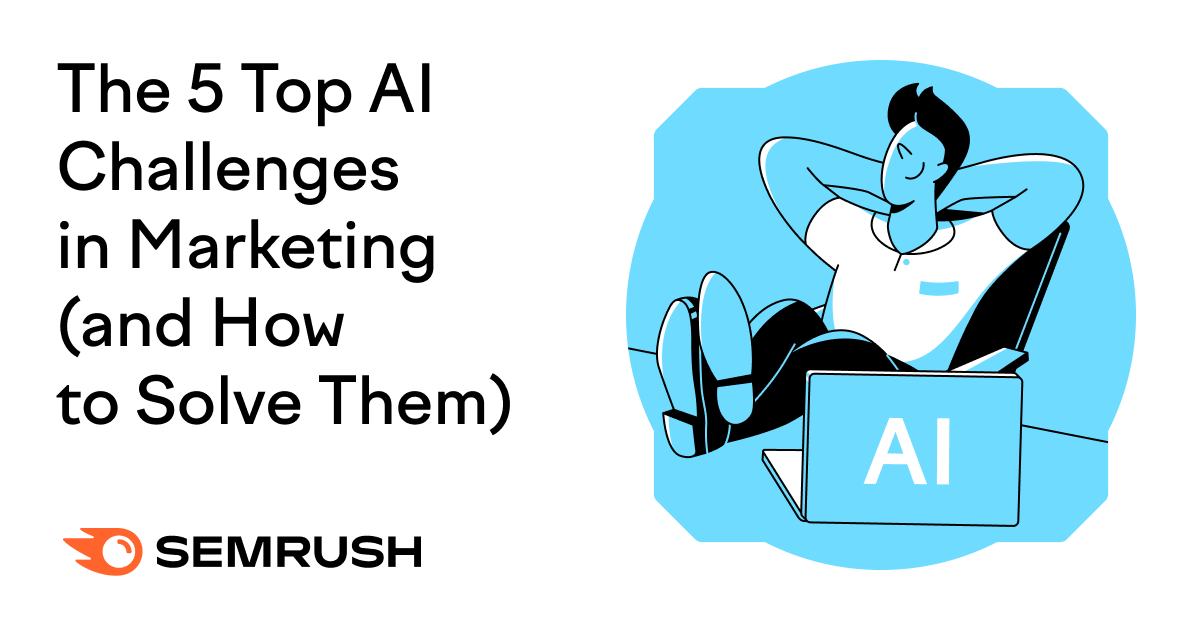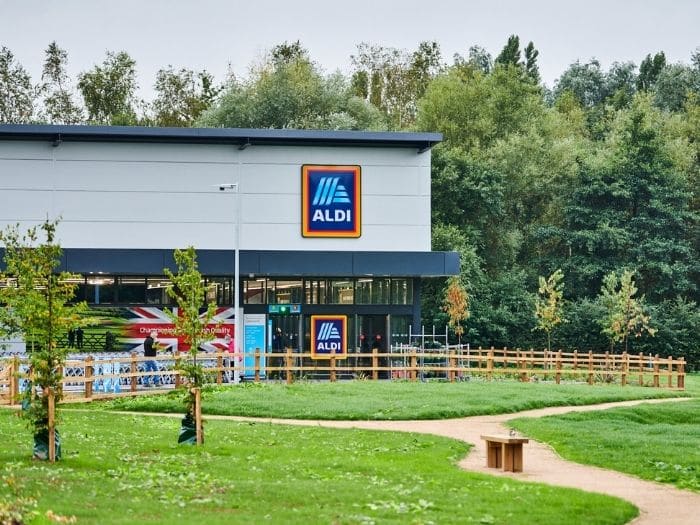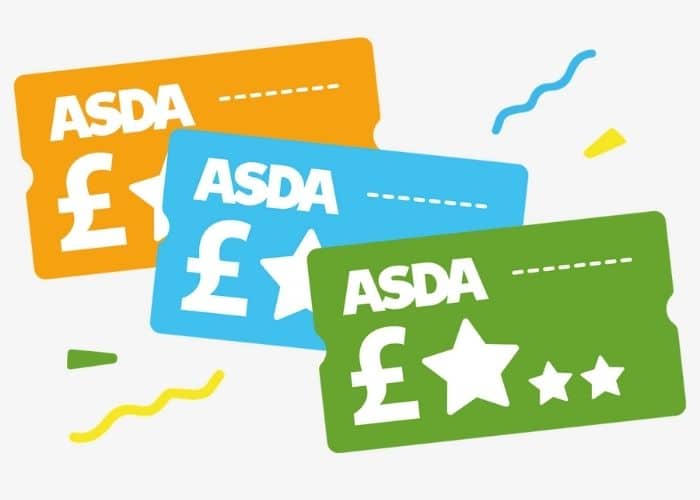
Again, we lead with a Places Pack (not shown) and the same local mall (to be fair, it’s a nice mall), followed by a number of specific brands selling kid’s clothing. This is about as close to moving from vague commercial intent to specific commercial intent as I’ve found.
Consider two things, though. First, these are product category pages that legitimately cover the topic of kid’s clothing. Second, Google isn’t aggressively pushing any particular products. There is a product listings block (which typically combines paid and free listings) at the end of the page, but the organic results, like the “department stores” example, arguably match the intent of the searcher and don’t particularly benefit Google’s bottom line.
I think it’s fair to be skeptical of Google’s financial incentives, but I genuinely believe that the modifications we uncovered serve most searchers. Google’s goal isn’t to exactly match the words in your query — that’s an artifact of search engines past, which couldn’t understand natural language or real-world entities and brands. Google’s goal is to answer the intent of a search and the question that search represents.





![What Is a Markup Language? [+ 7 Examples] What Is a Markup Language? [+ 7 Examples]](https://static.semrush.com/blog/uploads/media/82/c8/82c85ebca40c95d539cf4b766c9b98f8/markup-language-sm.png)